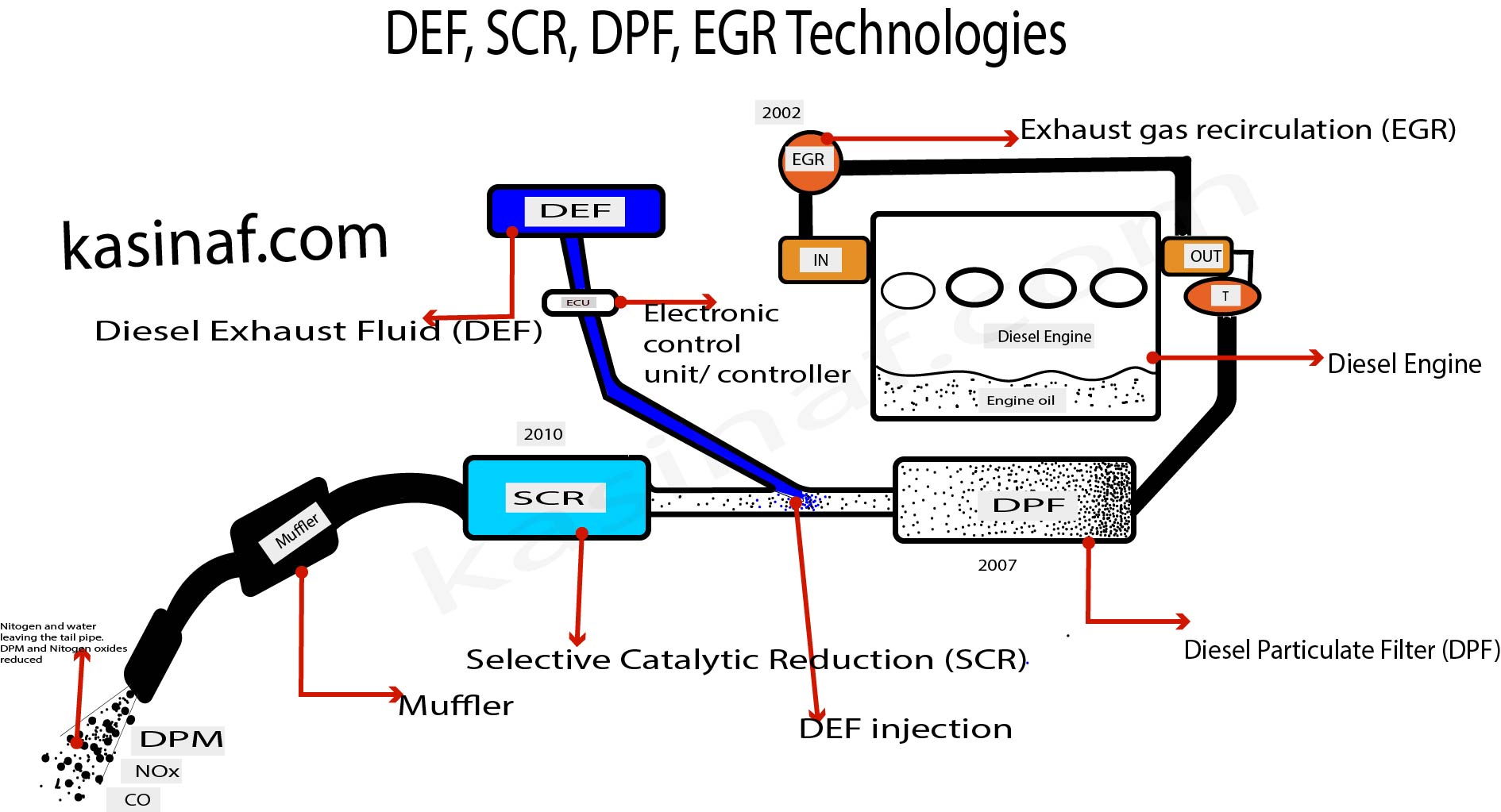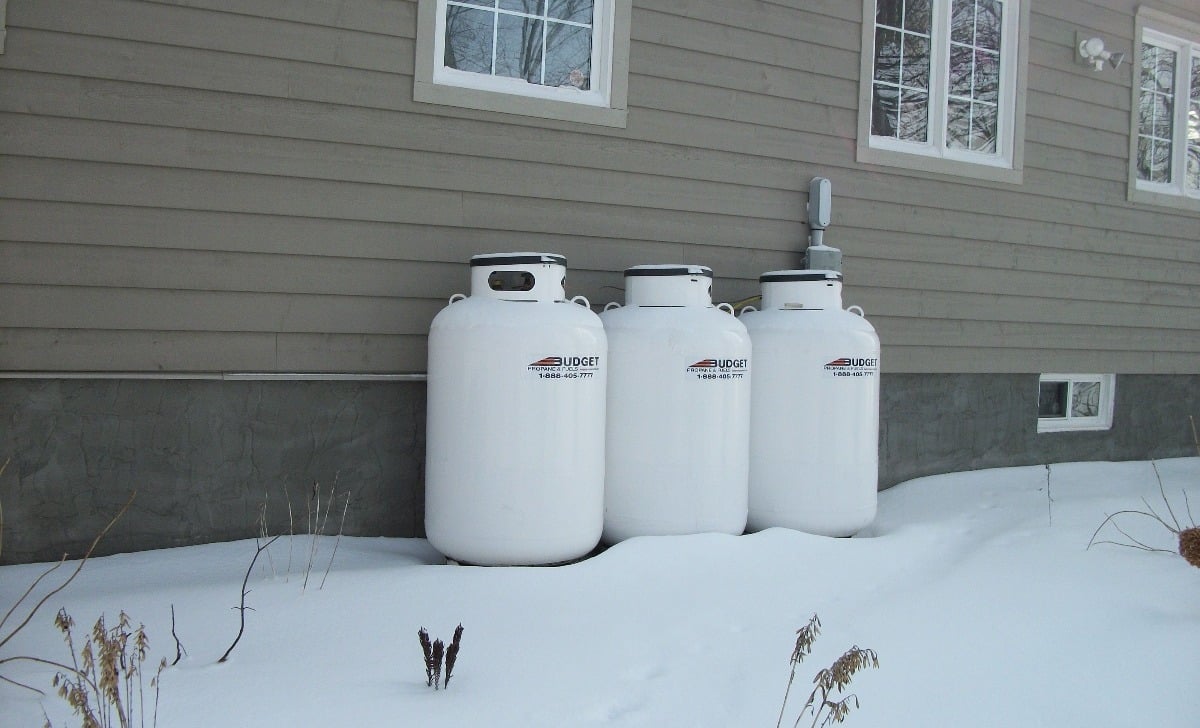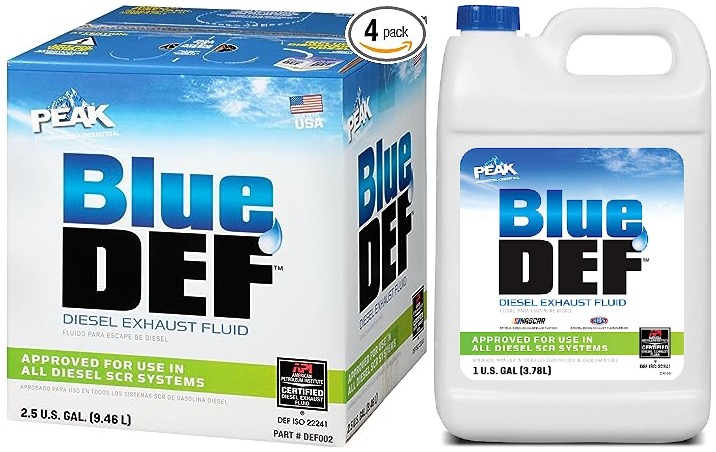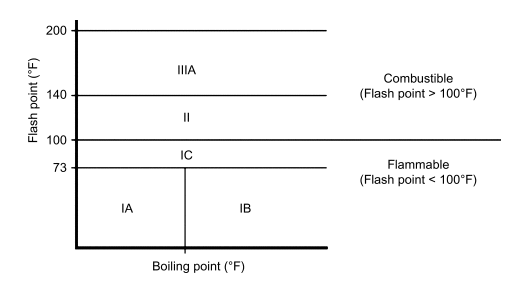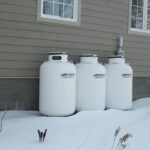1. uses of propane
Propane, a versatile hydrocarbon gas, is used for various purposes:
- Heating: Propane is a common fuel for home heating systems, powering furnaces, and space heaters.
- Cooking: It’s used in stoves, grills, and ovens for convenient and efficient cooking.
- Transportation: Propane can fuel vehicles, especially in fleet applications like buses and forklifts.
- Backup Power: Propane generators provide backup electricity during power outages.
- Industrial Processes: It’s used as a fuel in manufacturing, metal cutting, and brazing.
- Agriculture: Propane powers equipment such as irrigation pumps and crop dryers.
- Refrigeration: Propane is used as a refrigerant in some applications, like RV fridges.
- Leisure: Camping stoves and lanterns often use propane for easy outdoor cooking and lighting.
2. Who owns the propane tank at my home
The ownership of the propane tank at your home can vary, and it typically falls into two categories: owning it outright or renting it from a fuel company. Each option has its own advantages and disadvantages.

Owning the Propane Tank Outright:
- Pros: If you own the propane tank outright, you don’t have to worry about budgeting for monthly rental fees. You have full control over the tank and can make long-term decisions about your home’s fuel use without any restrictions.
- Cons: However, one significant drawback is that purchasing a propane tank can require a substantial upfront cost. This cost will likely be factored into the asking price for the home when you buy it.
Renting a Propane Tank:
- Pros: Renting a propane tank means you are not responsible for its maintenance. If the tank ever needs repairs or replacement, you don’t have to bear the expense; the fuel company takes care of it. Many fuel companies are willing to transfer the tank rental agreement when the house is sold, which can make the transition smoother.
- Cons: The main downside is that you have ongoing monthly rental fees for the tank. Over time, these fees can add up, and you have less control over the tank since it belongs to the rental company. However, you may have the option to purchase the tank outright if you prefer to own it.
If you choose to buy the tank, it’s essential to obtain proper documentation proving your ownership of the tank. This documentation is crucial for various reasons, including ensuring that you are responsible for its maintenance and that you have the right to transfer ownership if you decide to sell your home in the future.
In summary, owning a propane tank outright provides more control and eliminates rental fees but comes with an initial cost, while renting the tank shifts maintenance responsibilities to the rental company but involves ongoing rental fees. The choice depends on your financial situation, preferences, and long-term plans for your home.
3.HOW BIG IS THE RESIDENTIAL PROPANE TANK?
Residential propane tanks can vary in size, ranging from 120 to over 1,000 gallons. The size of the tank you have at your home will determine how long you can go before needing a propane delivery. Here are some common residential propane tank sizes:
- 20-Pound Cylinder: Holds approximately 4.7 gallons of propane and is often used for grilling and portable heaters.
- 30-Pound Cylinder: Holds around 7 gallons of propane and is used for grills and small appliances.
- 40-Pound Cylinder: Can hold approximately 9.4 gallons of propane and is used for various applications, including residential heating and appliances.
- 100-Gallon Tank: Holds 100 gallons of propane and is suitable for heating homes and running larger appliances.
- 250-Gallon Tank: Used in larger homes or small businesses with substantial propane needs.
- 500-Gallon Tank: Suitable for larger homes and commercial applications.
- 1,000-Gallon Tank: One of the largest residential propane tank sizes, holding 1,000 gallons, and used for heating large homes or as a backup power source.
The size of your residential propane tank should be chosen based on your specific requirements, including the size of your home and the number of appliances using propane. Larger tanks require less frequent refills, while smaller tanks may need refilling more often. It’s important to determine the appropriate tank size with the help of a propane supplier or professional to ensure your propane needs are met efficiently and safely.
Propane Tank Sizes for your Home. This table provides sizes and usage for the most common AmeriGas propane tanks for home use.
| Tank Size | Dimensions | Common Uses | Gallon Capacity When Full |
| 1,000 Gallon Tank | 16′ 2″ long and 41″ diameter | Home heating for larger homes or all-appliance propane use | 800 gallons |
| 500 Gallon Tank | 9′ 11″ long and 37.5″ diameter | Home heating or homes with 2-3 propane appliances | 400 gallons |
| 250 Gallon Tank | 7′ 10″ long and 30″ diameter | Supplemental heating or 2 home appliances | 200 gallons |
| 120 Gallon Tank | 4′ 6″ height and 30″ diameter | 1-2 residential appliances (e.g., hot water heater) | 96 gallons |
| 20 lb Tank | 1′ 6″ height and 1′ diameter | Propane grills, generators, patio heaters, outdoor gear | 4.6 gallons |
Please note that tank dimensions and capacities may have slight variations depending on the manufacturer, so it’s always a good idea to confirm the specific details with your propane supplier or manufacturer.
Top of Form
4. ARE THE PROPANE TANKS UNDER OR ABOVE GROUND?
Propane tanks for residential use can be installed either above ground or below ground, and the choice between the two typically depends on various factors, including local regulations, personal preferences, and specific needs. Here’s an overview of both above-ground and underground propane tank installations:
Above-Ground Propane Tanks:

- Location: Above-ground propane tanks are installed on the surface, typically in a designated area on your property. They can be placed on a concrete pad, a gravel base, or on specially designed supports.
- Accessibility: Above-ground tanks are more accessible for maintenance, inspection, and filling because they are at ground level. This can make them easier to service and monitor.
- Size: Above-ground tanks come in various sizes, including 20-pound cylinders, 100-gallon tanks, 500-gallon tanks, and larger. The choice of size depends on your propane usage needs.
Underground Propane Tanks:

- Location: Underground propane tanks are buried beneath the ground’s surface, typically in your yard. They are installed in a way that only a cover or lid is visible above ground.
- Aesthetics: Underground tanks are often chosen for aesthetic reasons because they are out of sight and do not disrupt the landscape. This can be particularly appealing for homeowners who want an unobstructed yard.
- Safety and Regulations: Underground tanks must meet specific safety and regulatory requirements, including proper depth of burial and protective coatings to prevent corrosion. Local regulations may dictate whether underground installations are allowed.
- Size: Like above-ground tanks, underground tanks come in various sizes to accommodate different propane usage levels.
The choice between above-ground and underground propane tanks is a matter of personal preference, practicality, and compliance with local regulations. Before deciding on the installation type, it’s essential to consult with a qualified propane professional or installer who can assess your property, discuss your needs, and help you make the best choice for your situation. They will also ensure that the installation complies with safety codes and regulations in your area.
FAQ
Is Propane a good way to heat your home?
Propane can indeed be a highly efficient and effective way to heat your home. It provides reliable heat, and as mentioned earlier, it has several advantages, including energy efficiency and versatility. Replacing pilot lights in propane furnaces and water heaters with electric igniters can be a good practice for a few reasons:
Is it cheaper to heat your house with propane?
Yes, propane is generally cheaper than electric heating in the United States. Propane heating systems cost less to operate, and propane water heaters are more cost-effective and efficient compared to electric counterparts, saving both on heating and water heating expenses.


